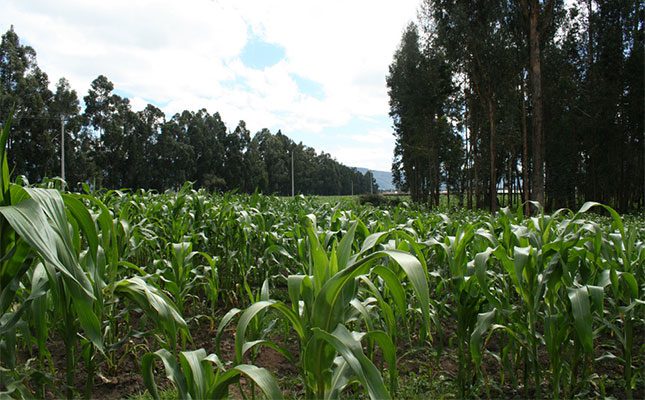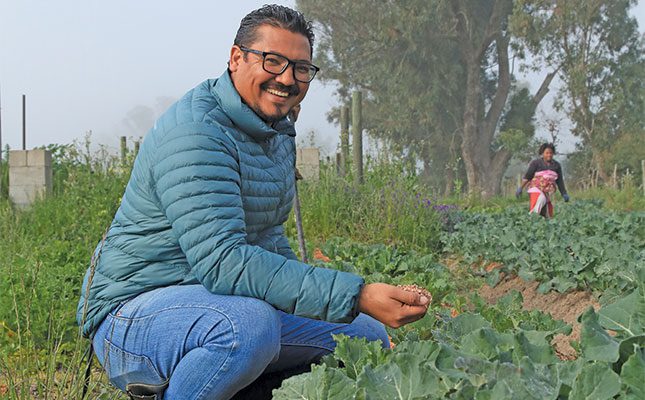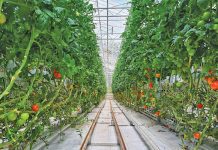
South African crop production is on the cusp of transformation thanks to advances in biotechnology, with experts predicting a wave of innovations that could help farmers adapt to climate change, water scarcity, and rising pest pressure.
Speaking to Farmer’s Weekly, Chantel Arendse, plant biotechnology lead at CropLife South Africa, said biotechnology would remain central to ensuring agricultural resilience and competitiveness over the next 20 years.
“The availability of innovative seed genetics will continue to play a significant role in South Africa’s [crop] production to ensure sustained yield improvements and maintain the agriculture sector’s competitiveness and profitability,” she explained.
She added that with no end in sight to the worsening climate conditions and mounting pest and disease pressure, the need for access to the latest biotech innovations became even more crucial.
However, Arendse warned that the impact of such technologies would depend heavily on regulatory frameworks and investment in research and development (R&D).
“The availability and uptake of the latest seed technologies will be shaped by how well the innovation environment is able to attract investments in R&D and the ability to navigate regulatory requirements for product commercialisation,” she said.
Turning point for local farmers
Arendse identified modern plant-breeding tools like hybrid seed technology, genetically modified traits, and genome editing as potential game changers for South African farmers.
“As local farmers face emerging threats to their production, gene-edited improvements will enable targeted breeding of crops that allow farmers to sustainably produce more and mitigate pest threats and adverse climatic conditions,” she explained.
Biotech varieties already deployed in South Africa, such as insect-resistant and herbicide-tolerant crops, have delivered environmental benefits, including reduced pesticide use and better weed control.
But Arendse said future technologies would go even further, especially in the context of climate change.
“Modern biotech applications, including genome editing, are being used to develop climate-resilient crops able to withstand stressors like heat, drought, pests, and flooding. Drought-tolerant traits in maize are already being commercially deployed and enable plants to utilise water more efficiently by stabilising crop yields under moderate drought conditions,” she said.
She added that water-efficient traits being targeted through genome editing included crops with improved plant architecture, shortened growth cycles, and enhanced photosynthesis efficiency.
Arendse also mentioned that smallholder and resource-poor farmers stood to benefit from these technologies, provided they received adequate support.
“South African smallholder farmers who have adopted biotech crops have benefitted in terms of improved productivity, food security, economic upliftment, and overall livelihoods.
“To ensure they have an equal opportunity to access these future technologies, we must continue raising awareness and educating farmers so they can make informed decisions,” she said.
Public-private collaboration
Arendse stressed the importance of collaboration between government, research institutions, and the private sector in ensuring the safe and responsible adoption of biotechnology.
“Collaboration, communication, and engagement between these three sectors is critical. The advancement and uptake of advanced technologies will only be possible if there is an enabling regulatory environment that supports investment in innovation and provides certainty regarding how the R&D pipeline can deliver safe, innovative products to market,” she said.
Arendse added that South Africa was well-positioned to review and update its biotech policy, having adopted the technology more than 25 years ago.
“It’s important that we have a risk-based regulatory framework that promotes the development, access, and adoption of innovative technologies, now and into the future, to boost sustainable agricultural productivity and profitability,” she said.
Get trusted farming news from Farmers Weekly in Google Top Stories.
➕ Add Farmers Weekly to Google ✔ Takes 10 seconds · ✔ Remove anytime












